Supermarkets have put their fuel prices up faster than independents over the past month, according to the monthly RAC Fuel Watch report.
It found the cost of unleaded petrol and diesel crept up for the second consecutive month in September, as a result of rising world oil prices putting upward pressure on the wholesale cost of both fuels.
The average cost of a litre of petrol ended the month at 112.07p, up 0.48ppl on the average price at the start of September and just short of the 2016 high price of 112.33plp. Diesel averaged 113.34ppl at the end of September, the highest average price since August 2015, and up 0.42plp on the price at the beginning of the month. Supermarket prices both rose faster than average prices, with unleaded up 1.1ppl and diesel up 0.71ppl.
The price of a barrel of oil, the biggest variable affecting UK fuel prices, went up 8%, or $3.45, through September finishing the month at $48.35 a barrel and a little way off the 2016 high price of $50.73 that occurred in early June.
RAC fuel spokesman Simon Williams said: “While there have been no shocks at the pumps lately, recent reports that OPEC – the organisation responsible for producing 40% of the world’s oil – has agreed there is to be a cut in oil production is having the effect of nudging oil prices up closer to the $50 a barrel mark.
“A higher oil price, combined with a weakening pound, is forcing up wholesale fuel prices: the wholesale price of diesel is now nearly 9ppl higher than it was at the start of August, and petrol 7.4ppl higher. The effect of this to date has been gradually rising pump prices.
“While we don’t envisage an immediate hike in prices in October, a lot depends on how markets react to the recent news of the first production cut by OPEC nations since 2008, which marks a major move away from the organisation’s long-term over-supply strategy. The announcement has already caused oil prices to jump a little, but until more specific details are available it is difficult to predict what the longer-term outlook on pump prices, and therefore impact on motorists, will be.
“The new chancellor’s first Autumn Statement also looms next month, and the RAC hopes that he sees sense in committing to not increase fuel duty for the remainder of the Parliament – certainly compared to his predecessor’s track record on fuel duty, the new chancellor has a lot to live up to.”


























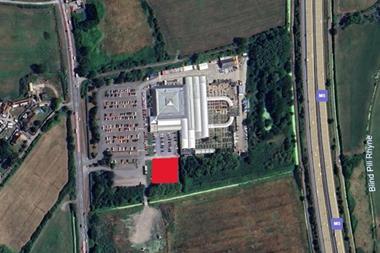


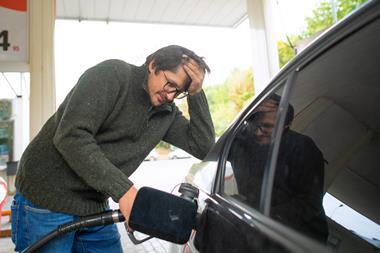
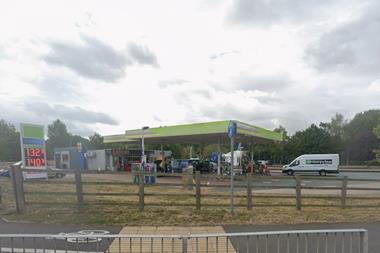
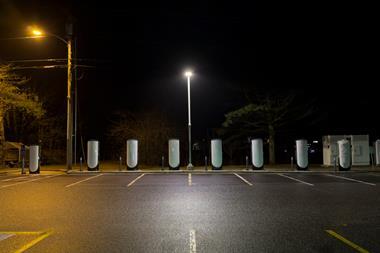
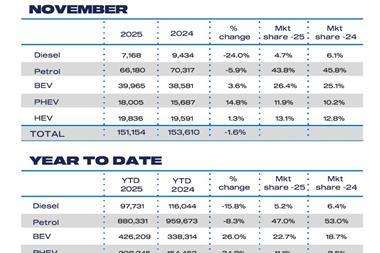
No comments yet